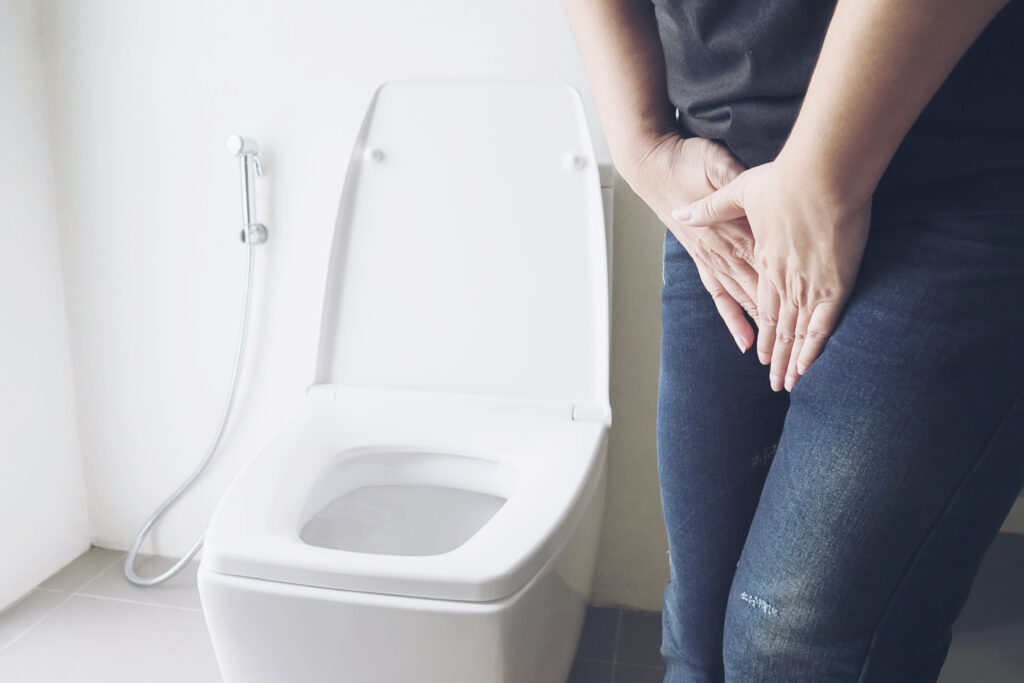What is Nocturia?
Nocturia means waking up at night to urinate. Many people experience this problem, especially as they get older. Nocturia can disturb your sleep and make you feel tired during the day. In fact, it can lower your quality of life. If you are searching for nocturia treatment options, you are not alone. This guide will help you understand nocturia, its causes, and how to treat nocturia at night.
Common Symptoms of Nocturia
Nocturia has some clear signs. For example, you may notice:
However, some people may also feel thirsty or have a dry mouth at night.
Causes of Nocturia
There are many nocturia causes. Some are simple, while others may need medical attention. Common causes include:
In addition, age can play a role. As people get older, their bodies may make more urine at night.
Diagnosis of Nocturia
Doctors use several steps to diagnose nocturia. First, they will ask about your symptoms and medical history. Next, they may suggest keeping a diary of your fluid intake and bathroom visits. In some cases, urine or blood tests can help find the cause. Sometimes, your doctor may check for sleep problems or other health issues. Therefore, it is important to share all your symptoms with your doctor.
Nocturia Treatment Options
There are many nocturia treatment options available. The right choice depends on the cause. For example, your doctor may suggest:
In addition, some people may benefit from bladder training or pelvic floor exercises. According to the CDC and urology experts, these steps can help reduce nighttime trips to the bathroom. If you are looking for nocturia treatment in your city, talk to a local urologist for the best advice.
Lifestyle Changes and Home Remedies
Simple changes at home can help manage nocturia. For instance, you can try these nocturia remedies:
However, if symptoms do not improve, you should see a doctor.
Prevention Tips
There are ways to lower your risk of nocturia. For example, you can:
In addition, regular check-ups can help catch problems early.
When to See a Urologist
Nocturia is common, but sometimes it needs medical care. You should see a urologist if:
In summary, early treatment can prevent complications and improve your sleep.
If you have concerns about nocturia, consult a urologist for personalized advice on nocturia treatment.

